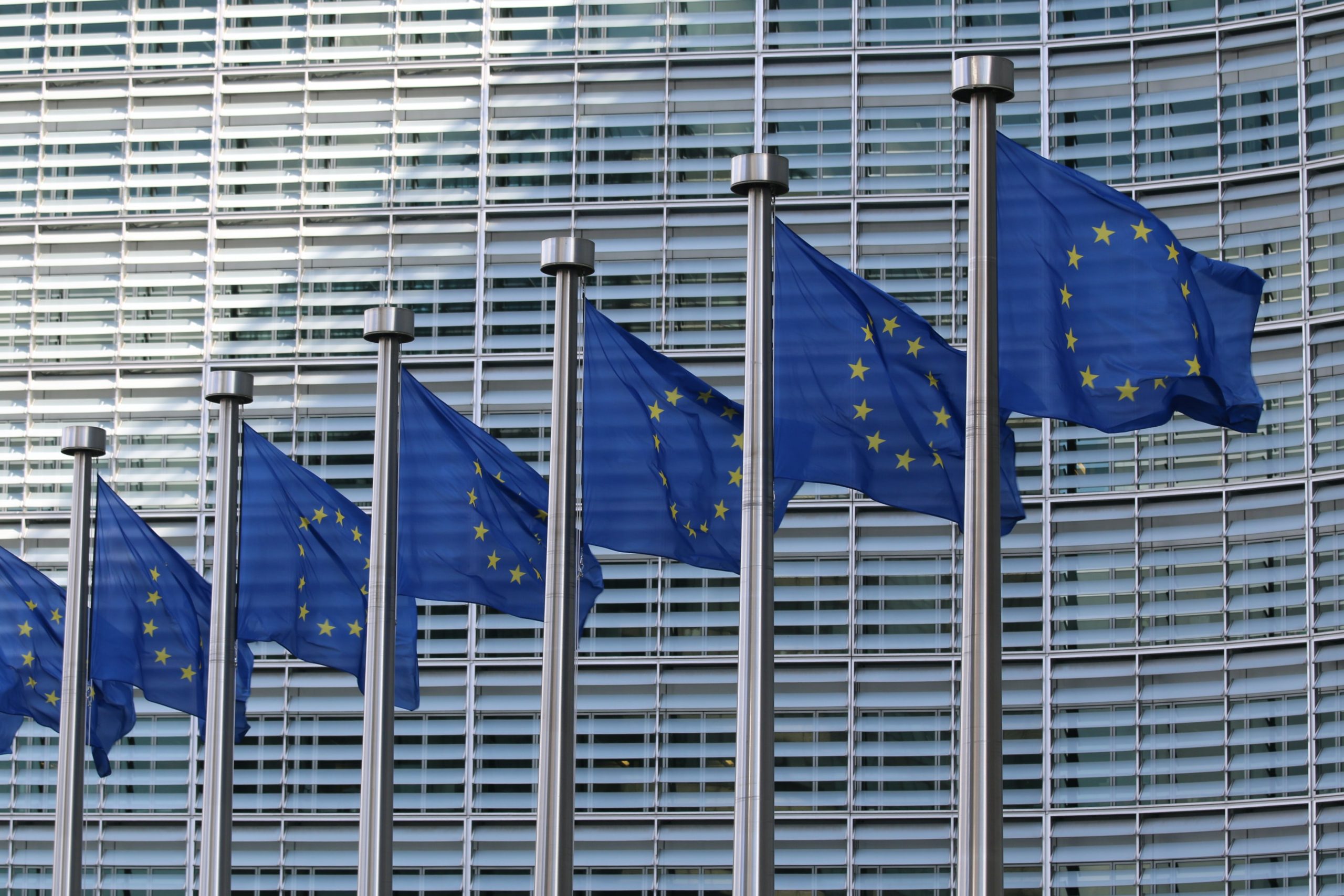Europe – European Union (EU) institutions finalized an agreement on the Industrial Emissions Directive (IED) on November 28, falling short of the ambitious goals set by the EU Green Deal.
The IED, a pivotal regulation governing environmental and health impacts from over 50,000 industrial installations in Europe, has faced criticism for maintaining the status quo rather than advancing towards zero pollution, climate neutrality, and a circular economy.
The revised IED agreement has been met with criticism for excluding industrial cattle farms from its scope, delaying industry transformation over decades, and lacking protection for individuals affected by illegal pollution. These shortcomings undermine the intended purpose of the IED as a safeguard for citizens, emphasizing a need for clear rules in alignment with the EU Green Deal.
The introduction of a compensation right in the IED, calling for justice for individuals harmed by illegal pollution, was hailed as a positive step. The IED agreement also missed the opportunity to integrate greenhouse gas emissions reduction directly into the directive, delaying decarbonization action to future reviews. Binding energy efficiency requirements and the possible inclusion of CO2 emission limit values in permits of all industrial installations are deferred until 2028, hindering the alignment with the EU’s 2050 targets for climate action.
The compromises in the IED jeopardize the fulfillment of critical aspects of the Green Deal, marking a significant setback for the transformation of heavy industries.
Awaiting formal adoption
The IED introduces a maximum 12-year transition period for lower pollution limits, allowing lenient emission limits to persist until at least 2036. This extended transition period poses risks to public health, the environment, and public finances. The indicative nature of resource efficiency standards and the exclusion of civil society organizations from certain information also raise concerns about transparency and accountability.
While a positive step, the introduction of an electronic permit system by 2035 for member states faces criticism for excluding civil society organizations from information labeled as ‘confidential business information.’ The provisional political deal awaits formal adoption by both institutions, leaving a cloud of uncertainty over the EU’s environmental goals and its commitment to achieving a high level of environmental protection.




